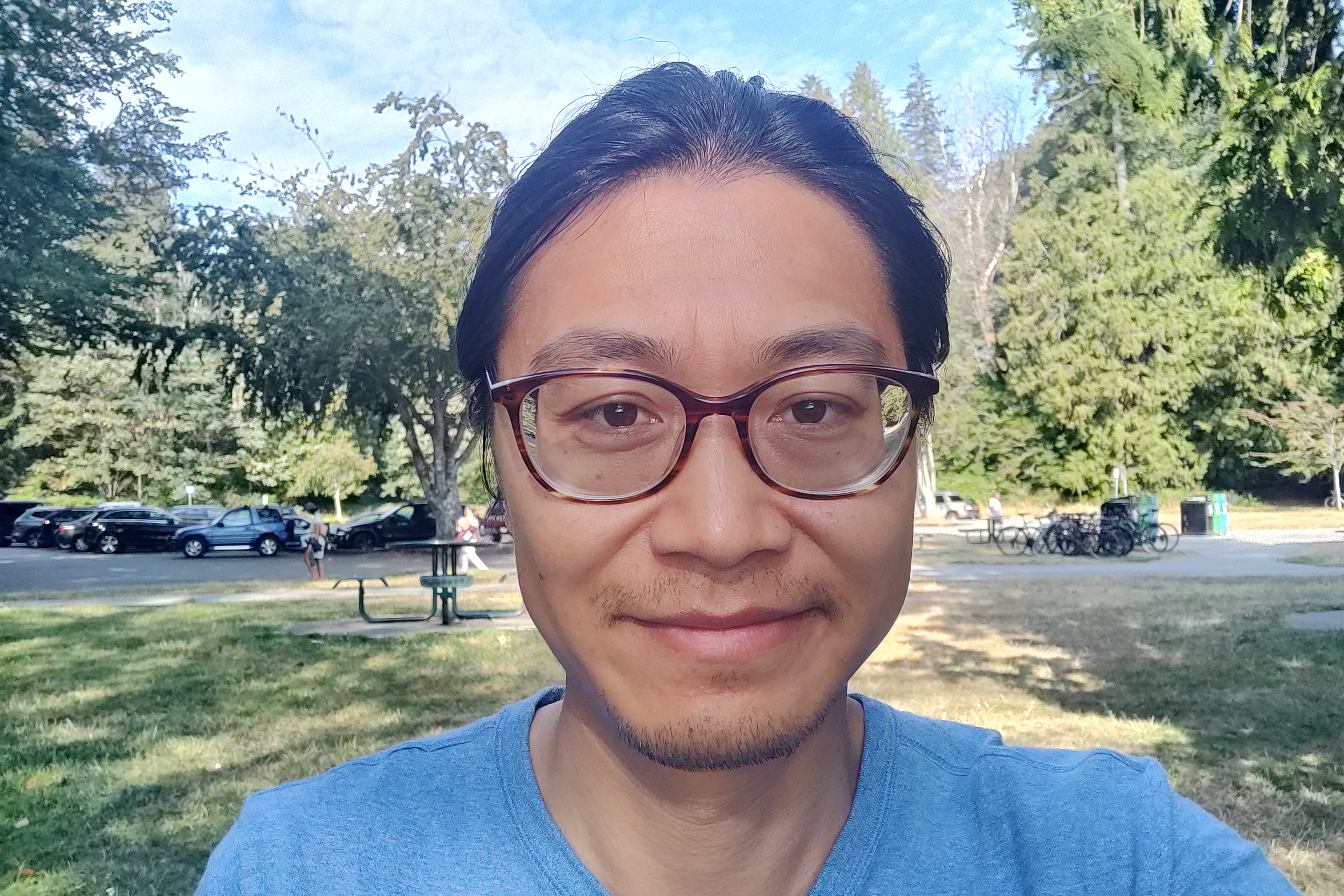Firstbridge courses are offered to degree seeking freshmen and registration is done via webform in pre-arrival checklist.
Professor(s)
Notes
Human migration has shaped the fabrics of the modern world: not only racial conflicts that caused violence and slavery, but also the fine touches we put on our accent, dress and diet to blend in; not only heated congressional debates on whether refugees deserve a spot in “our” society, but also the joy and frustration we experience when navigating a European capital city. How to make sense of our mobile life, treat others with kindness, and address pressing sociopolitical challenges brought by human migration? In this course, we examine how human migration takes place within social, cultural, and political contexts. To showcase the breadth of the field, this course scales up topics from individual experience (such as what objects one brings during studying abroad to maintain a sense of home) to social relations (such as how “White Muslims” negotiate their identity in front of racial/religious others), to national governance (such as the exclusive role of national border and the perils involved in its crossing), and to global affairs (such as how American white couples rent Indian wombs to bear children for them). These topics are informed by major theoretical schools, including the Marxist class paradigm that addresses labor and material condition, symbolic interactionism that articulates how we perform identity work by telling stories, and social constructionism that questions the status quo. At the practical level, this course introduces a range of interdisciplinary methods including quantitative research, autobiography, ethnography, discourse analysis, narrative analysis, policy research, and intersectional analysis.
Learning Outcomes
- Students will comprehend how information is produced and valued in order to discover, evaluate, use, and create information and knowledge effectively and ethically. In FirstBridge, students will demonstrate the conversational nature of scholarship, and recognize their potential role and responsibilities as contributors to that conversation. For each discipline taught in FirstBridge, students will identify reference works, journals, databases and/or major works in history, in order to start effective research in the field. (FB LO1)
- Students will acquire the study skills, time management, and interpersonal skills needed to meet the demands of university-level academic work at a Liberal Arts College individually or as a team. Students will value the multiple meanings of place through experiential learning at AUP and beyond in the Parisian or global context. (FB LO2)
- Students will demonstrate familiarity with major topics relevant to migration.
- Students will be able to make informed, critical assessment of research findings relevant to migration.
- Students will be able to apply appropriate theories and methods to analyze phenomena of migration.
- Students will enhance their intercultural understanding of languages, cultures and the histories of local societies, and the global issues to which these relate. (CCI LO1)
- Students will demonstrate awareness of ethical considerations relating to specific societal problems, values or practices (whether historical or contemporary, global or local) and learn to articulate possible solutions to prominent challenges facing societies and institutions today so as to become an engaged actor across various levels of our interconnected world. (CCI LO4)
Syllabus
Schedule
| Day | Start Time | End Time | Room |
|---|---|---|---|
Tuesday | 13:45 | 15:05 | PL-5 |
Friday | 13:45 | 15:05 | PL-5 |

